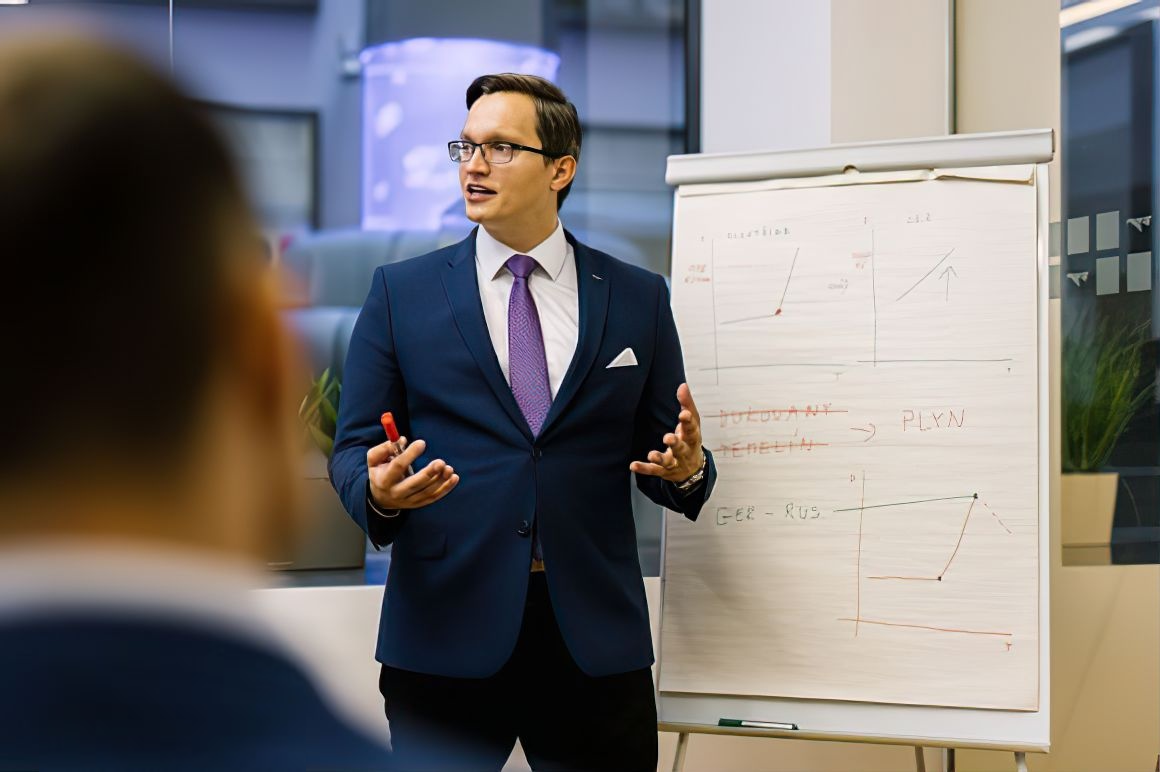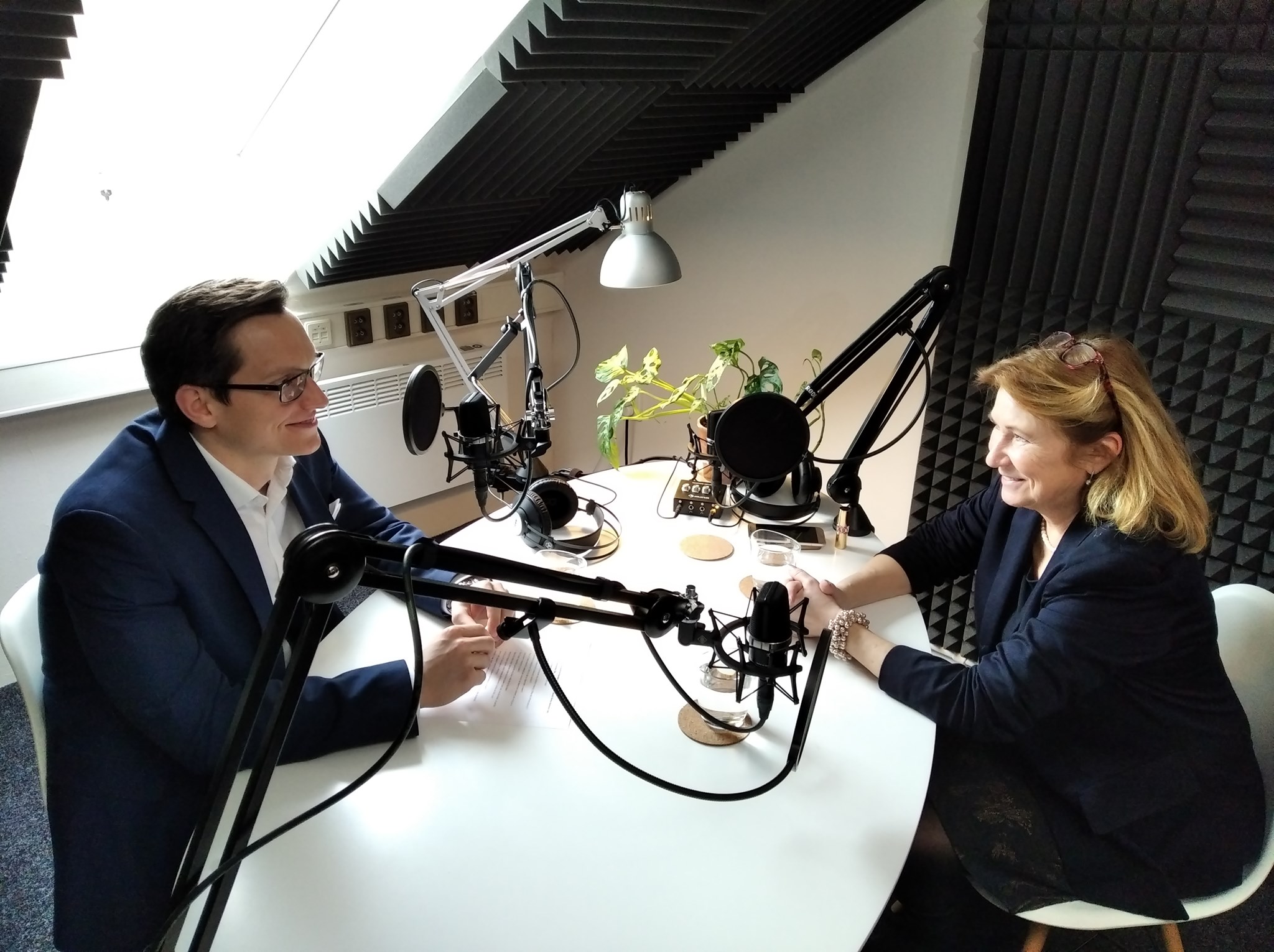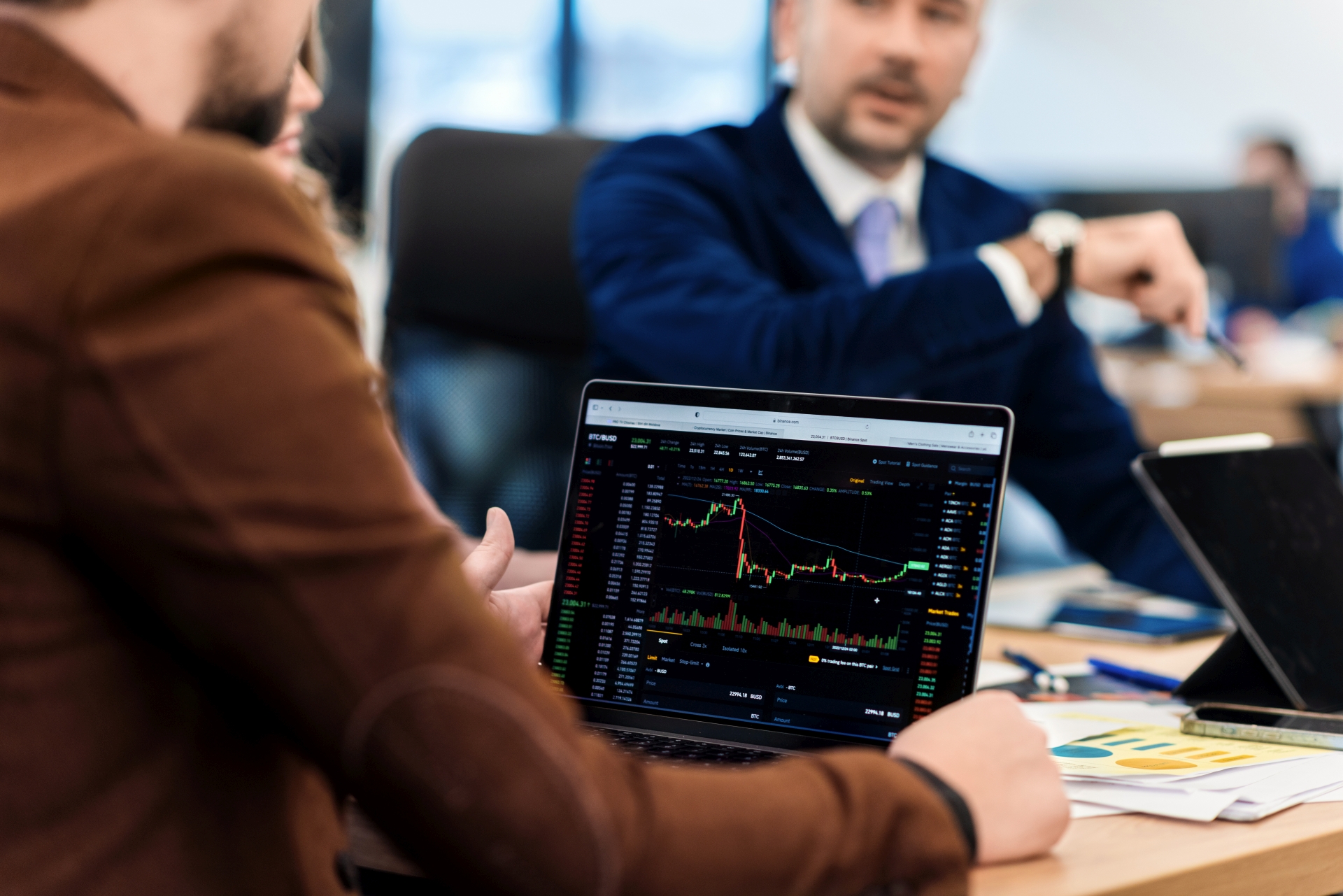Interview: Embracing Continuous Innovation and Harnessing AI Is the Key to Success Today
Entrepreneurship poses significant challenges in today's business landscape. However, by fostering innovation and optimizing economic processes, even small and medium-sized businesses can successfully confront them.

When I received an invitation from eWay-CRM for a brief interview, I immediately recognized it as an excellent opportunity to reach out to fellow entrepreneurs across various industries, beyond the usual listeners of my podcast. And share a bit of my story and insights.
Could you tell us about your journey? How did you transition from studying economics to becoming the Chief Economist at BH Securities?
While I was studying, I worked as an economic analyst and developed a keen interest in the world of stock markets. I always aspired to work for a securities trader, so when the previous Chief Economist at BH Securities moved on to join the Czech National Bank's board, I saw it as an opportunity and applied for the position. Fortunately, I landed the job, and I've been with BH Securities for the past 6 years.
You're currently serving as an advisor to Prime Minister of Czech Republic. How do you manage to handle everything?
During my studies, I learned the art of time management while juggling both academics and a full-time job. It taught me the importance of prioritizing and saying no to good opportunities in order to focus on the truly great ones.
 Stepan Krecek. Source: BH Securities
Stepan Krecek. Source: BH Securities
What's the most valuable lesson you gained from your MBA studies?
One of the most significant lessons I learned during my MBA studies is that many processes that work well in theory can be much more complex in practice. As a Czech philosopher once said, theory is merely the starting point for practical application.
You're renowned for your ability to simplify complex economic topics. How did you acquire this skill, and how do you apply it in your work, such as on your podcast?
Back in high school, I honed my communication skills as a debater, becoming a double vice-champion of the Czech Republic. This training allowed me to explain and defend my ideas effectively within a limited timeframe of just 6 minutes, as per the rules of the Debating League. I believe that debating contributed more to my personal growth than most subjects I studied in high school.
 Stepan Krecek during the recording of his podcast.
Stepan Krecek during the recording of his podcast.
Speaking of your podcast, what's been the most intriguing topic you've explored and why?
A few months ago, my podcast reached one million listens. As an economist, I delved into various statistics, and it was fascinating to see the audience's interest sparked by guests from the fields of geology, political geography, or Egyptology. Personally, I always enjoy engaging in conversations with economic leaders. When selecting guests, I put careful thought into it and even consult with three colleagues. This approach ensures that each episode delivers unique insights to our listeners.
Now let's switch gears a bit. Can you provide an interesting example that explains how money flows in the USA can impact the economic situation in other parts of the world, like Central Europe?
Investors are typically highly interested in the movement of money between the stock and bond markets in the USA. When greed prevails, funds pour into stocks, driving up their prices. This motivates investors worldwide to allocate their resources to the USA. Consequently, there's an increased demand for the dollar, which influences foreign exchange markets. Currency exchange rates, in turn, have a ripple effect on commodity markets and beyond. Conversely, during periods of fear, funds shift towards bonds, causing bond prices to rise while yields decrease. This directly affects the yield curve, which plays a vital role in the functioning of the global financial system.

In your opinion, what are the key economic indicators that small and medium-sized business owners should focus on right now?
The specific indicators to watch vary across different industries. However, in general, it's crucial for small and medium-sized business owners to keep an eye on currency exchange rates, developments in interest rates, as well as price fluctuations among their suppliers and customers. In our private equity fund, we invest in Czech Republic-based small and medium-sized companies, and by optimizing their economic processes alone, we can enhance their efficiency by 10 to 15 percent.
As the Chief Economist, you have to make a lot of forecasts. Have they been successful overall?
Our forecasts are constantly updated to incorporate the latest data, so they remain accurate. None of our predictions can be considered wrong for more than one quarter. We had to make significant adjustments to our forecasts when the pandemic hit and the war in Ukraine started. Other than that, our predictions have been pretty accurate, as proven by the results. For example, our CZK Dynamic Portfolio has been profitable 16 times and only incurred losses twice in the past 18 years. And on average, it has yielded an impressive annual return of 10.09 percent.

Our blog is read by many entrepreneurs and managers. What do you think they should do to maintain a strong position for their companies in uncertain times?
It's important to keep innovating and strive to stay ahead of the competition. Right now, I would suggest considering how artificial intelligence could be leveraged in their businesses. It's clear that almost everyone will be using it in a few years, so being one of the first to adopt AI could give them an edge over others and improve their market position.
Lastly, do you have any interesting advice for entrepreneurs hoping to succeed in the US market?
I would recommend inviting a successful individual who has made it in the US market to dinner. During the meeting, engage in an open and detailed discussion about all the ins and outs of doing business in the United States. The goal would be to learn as much as possible because the cheapest mistake is the one, we never make.











